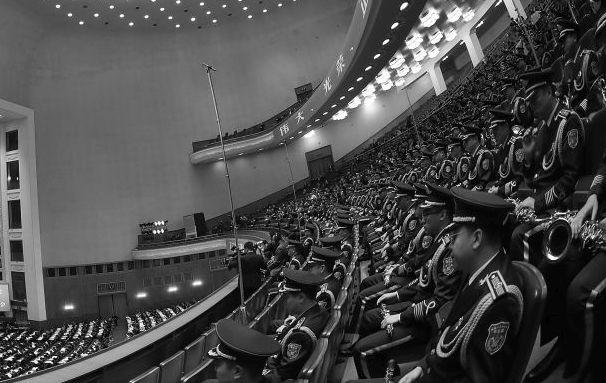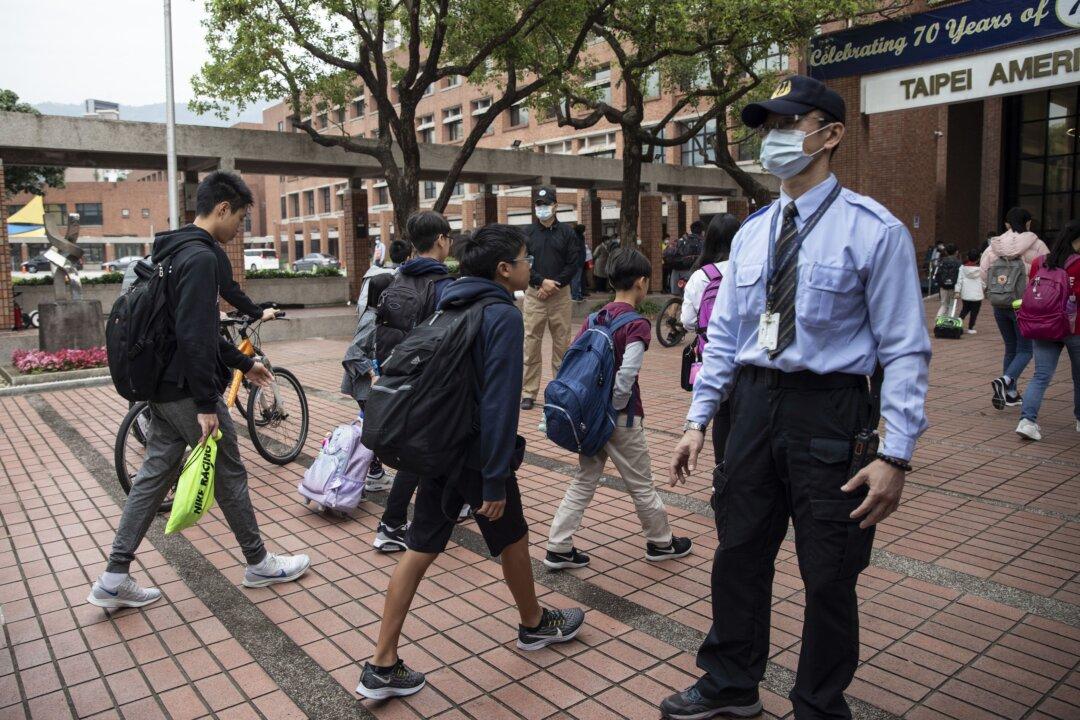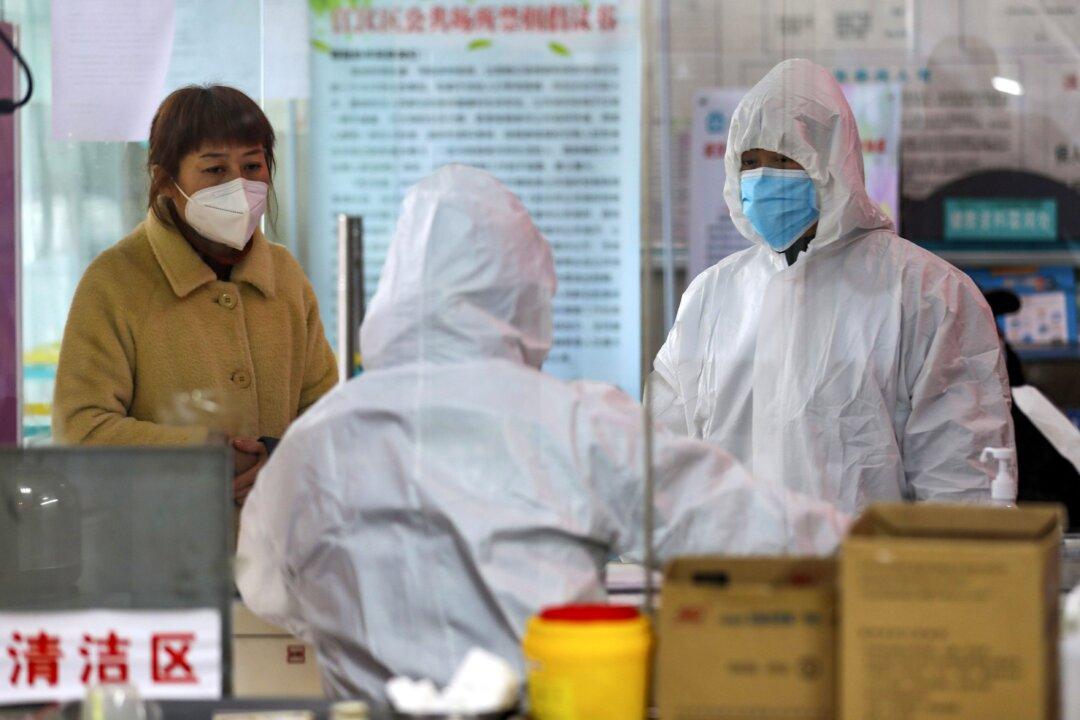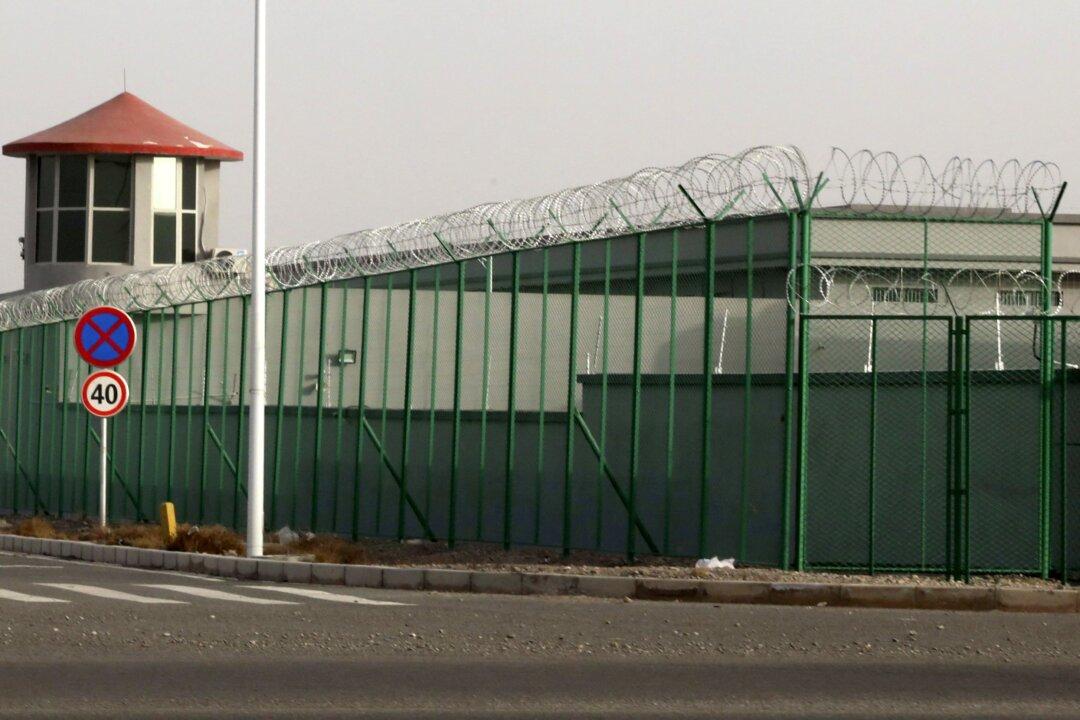By the mid-20th century, many thought Soviet communism might replace democracy as the dominant political ideology worldwide. Today, mercifully, only five communist countries remain across the world, co-existing with about 188 other nations—a majority with democratic governance of differing kinds. The five are China, Cuba, Laos, North Korea and Vietnam, but the focus here will be on China.
With 89 million members, the Chinese Communist Party (CCP) is the largest political party in the world, larger than the entire population of Germany. China is still the world’s most populous country and now has the second largest economy and a third of the world’s billionaires. However, because of its huge population (about 1.388 billion), the GDP per capita last year was under $7,000, just 55 percent of the world’s average, thus highlighting that it still has a long way to go.





